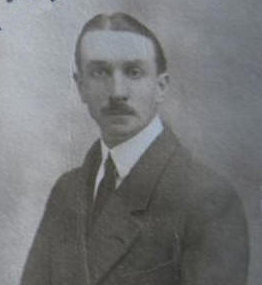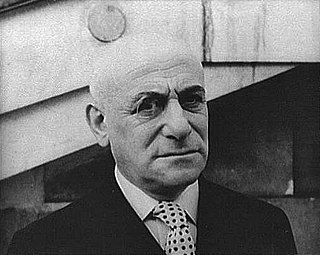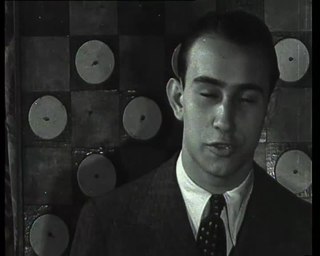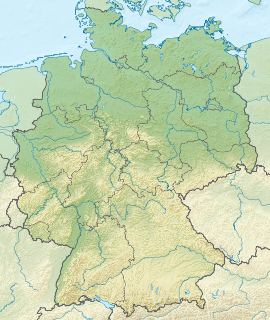 W
WQueen Anne of Romania was the wife of Michael I of Romania, whom she married after he abdicated the throne.
 W
WTristan Bernard was a French playwright, novelist, journalist and lawyer.
 W
WÉdouard Daladier was a French Radical-Socialist (centre-left) politician and the Prime Minister of France at the outbreak of World War II.
 W
WJean Decoux was a French navy Admiral, who was the Governor-General of French Indochina from July 1940 to 9 March 1945, representing the Vichy French government.
 W
WGeorges Edmond Raoul Dumézil was a French philologist, linguist, and religious studies scholar who specialized in comparative linguistics and mythology. He was a professor at Istanbul University, École pratique des hautes études and the Collège de France, and a member of the Académie Française. Dumézil is well known for his formulation of the trifunctional hypothesis on Proto-Indo-European mythology and society. His research has had a major influence on the fields of comparative mythology and Indo-European studies.
 W
WAdolphe Sylvestre Félix Éboué was a French colonial administrator and Free French leader. He was the first black French man appointed to a high post in the French colonies, when appointed as Governor of Guadeloupe in 1936.
 W
WThe Empire Defense Council was the embodiment of Free France which constituted the government from 1940 to 1941. Subsequently, this role was assumed by the French National Committee.
 W
WThe French National Committee was the coordinating body created by General Charles de Gaulle which acted as the government in exile of Free France from 1941 to 1943. The committee was the successor of the smaller Empire Defense Council.
 W
WThe Government of Vichy France was the collaborationist ruling regime or government in Nazi-occupied France during the Second World War. Of contested legitimacy, it was headquartered in the town of Vichy in occupied France, but it initially took shape in Paris under Maréchal Philippe Petain as the successor to the French Third Republic in June 1940. Pétain spent four years in Vichy and after the Allied invasion of France, fled into exile to Germany in September 1944 with the rest of the French cabinet. It operated as a government-in-exile until April 1945, when the Sigmaringen enclave was taken by Free French forces. Pétain was brought back to France, by then under control of the Provisional French Republic, and put on trial for treason.
 W
WMax Jacob was a French poet, painter, writer, and critic.
 W
WAlbert François Lebrun was a French politician, President of France from 1932 to 1940. He was the last president of the Third Republic. He was a member of the center-right Democratic Republican Alliance (ARD).
 W
WHenri-Marie Joseph Sonier de Lubac, known as Henri de Lubac, was a French Jesuit priest who became a cardinal of the Catholic Church and is considered one of the most influential theologians of the 20th century. His writings and doctrinal research played a key role in shaping the Second Vatican Council.
 W
WGermaine Lubin was a French dramatic soprano, best known for her association with the music of Richard Wagner. She possessed a brilliant voice but her later career was tainted with accusations of Nazi sympathies.
 W
WÉric Lutten was a French journalist, an important participant in the development of the French ethnology as well as the African press, a World War II hero and one of the earliest members of the French Explorators Society. He married four times and had three children by his fourth wife Marie-Josephe Jacqueline Lesdos.
 W
WMarcel André Henri Félix Petiot was a French doctor and serial killer. He was convicted of multiple murders after the discovery of the remains of 23 people in the basement of his home in Paris during World War II. He is suspected of the murder of around 60 victims during his lifetime, although the true number remains unknown.
 W
WMaurice Raichenbach was a Polish-born French draughts champion. His early childhood was spent in the area around Warsaw, but when he was a boy his mother died and his father moved them to France.
 W
WThe Sigmaringen enclave was the exiled remnant of France's Nazi-sympathizing Vichy government which had to flee to Germany during the Liberation of France near the end of World War II in order to avoid capture by the advancing Allied Powers of World War II. They were allocated the requisitioned Sigmaringen Castle as the seat of their government-in-exile.
 W
WPhilippe Tailliez was a friend and colleague of Jacques Cousteau. He was an underwater pioneer, who had been diving since the 1930s.
 W
WAndré Trocmé and his wife, Magda, were a French couple designated Righteous Among the Nations. For 15 years, André served as a pastor in the French town of Le Chambon-sur-Lignon, on the Plateau Vivarais-Lignon, in south-central France. He had been sent to the rather remote parish because of his pacifist positions, which were not well received by the French Protestant Church. In his preaching, he spoke out against discrimination as the Nazis were gaining power in neighbouring Germany and urged his Protestant Huguenot congregation to hide Jewish refugees from the Holocaust of the World War II.
 W
WAndré Trocmé and his wife, Magda, were a French couple designated Righteous Among the Nations. For 15 years, André served as a pastor in the French town of Le Chambon-sur-Lignon, on the Plateau Vivarais-Lignon, in south-central France. He had been sent to the rather remote parish because of his pacifist positions, which were not well received by the French Protestant Church. In his preaching, he spoke out against discrimination as the Nazis were gaining power in neighbouring Germany and urged his Protestant Huguenot congregation to hide Jewish refugees from the Holocaust of the World War II.
 W
WLéonce Vieljeux was a colonel in the French reserve army, industrialist and mayor of La Rochelle.